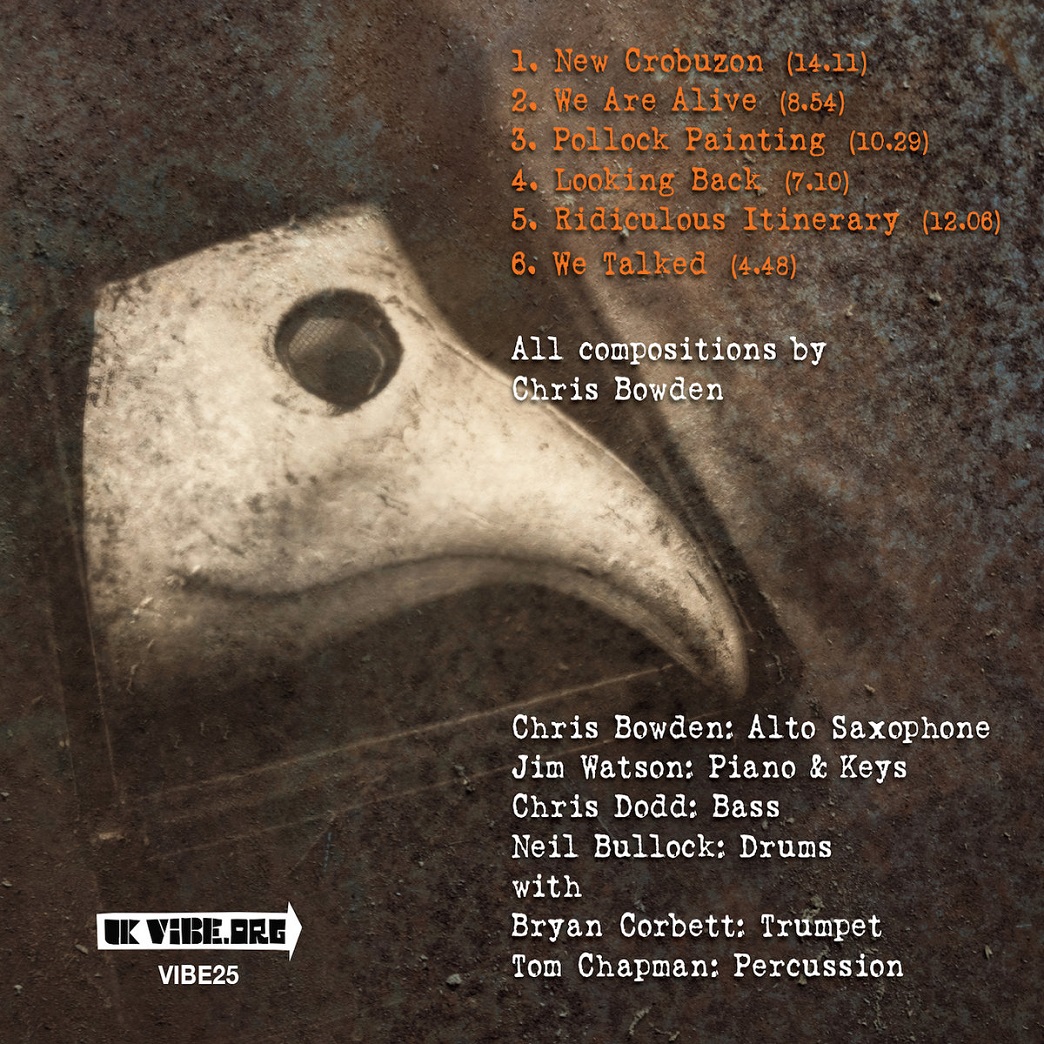In the years following the World War Two, Japan developed one of the most insatiable, dynamic and diverse markets for jazz. For a crucial period of little over a decade - from the late 1960s to the early 1980s - Japanese jazz culture progressed at an astonishing rate, producing an extraordinary array of artists, recordings and record labels that created some of the most forward thinking and impressive jazz to be committed to tape. This amazing journey is explored on ‘J Jazz’.
This compilation from BBE uncovers some of the most sought after and rare material from this period and pulls together key artists who shaped the postwar modern jazz scene in Japan. ‘J Jazz' includes obscure and sought after rarities like the bass-driven power jazz of Koichi Matsukaze’s ‘Earth Mother’, the holy grail rarity of Aizawa Tohru Quartet’s ‘Dead Letter’ and the loping majesty of Takeo Moriyama’s ‘North Wind’.
This collection takes the listener into deep spiritual jazz, post-modal impressionism and fierce dance-floor fusion with material from artists and composers whose names are generally only known to committed collectors of Japanese jazz. Fumio Karashima, Mitsuaki Katayama, Takeo Moriyama and Kiyoshi Sugimoto are among the names featured on an album aiming to shed a little light on the shadowy world of Japanese jazz clubs, tucked away in the neon backstreets. This music demands a wider audience and BBE are excited to deliver a landmark compilation, lifting the veil on this wonderful and mysterious area of the global jazz catalogue. None of the tracks featured on ‘J Jazz’ have ever received an official release outside Japan before.
The albums the tracks are taken from are extremely hard to find and often fetch huge sums on the collector’s circuit. Originally pressed in small numbers on independent and private labels such as Union, Johnny’s Disk, Whynot, ALM and VAP, these tracks are now available for everyone to enjoy. Compiled by Tony Higgins and Mike Peden, both long-time collectors of Japanese jazz, ’J Jazz’ brings together the very best in modern jazz from Japan, recorded during a critical period of musical and cultural transition that saw composers and musicians not only assert a new artistic identity but also create a lasting musical legacy.
1. Koichi Matsukaze Trio - Earth Mother 11:22
2. Tohru Aizawa Quartet - Dead Letter 10:11
3. Eiji Nakayama - Aya's Samba 06:33
4. Takao Uematsu - White Fire 07:48
5. Shintaro Quintet - A Blind Man 10:55
6. Mitsuaki Katayama - Unknown Point 06:33
7. Takeo Moriyama - Kaze 05:09
8. Terumasa Hino - Ode to Workman 15:19
9. Fumio Karashima - Little Island 09:04
10. Kiyoshi Sugimoto - Long Neal 08:26
Tracklist 3LP Vinyl Album:
Side A
Koichi Matsukaze Trio - Earth Mother
Takeo Moriyama Quartet with Shigeharu
Mukai - North Wind*
Side B
Tohru Aizawa Quartet - Dead Letter
Eiji Nakayama - Aya’s Samba
Side C
Takao Uematsu - White Fire
George Otsuka Quintet - Sea Breeze*
Side D
Shintaro Quintet - A Blind Man
Mitsuaki Katayama - Unknown Point
Side E
Fumio Karashima - Little Island
Kiyoshi Sugimoto - Long Neal
Side F
Takeo Moriyama - Kaze
Terumasa Hino Meets Reggie Workman - Ode to Workman*
*This tracks are vinyl only, not on CD.
PRE-ORDER ITEM : The vinyl LP is currently being repressed and will be available on or about June 10th. If you wish to secure yourself a copy, order now to avoid disappointment. Please note any orders containing pre-order items won’t be shipped until all items are available, so please order this separately to avoid delays.
In the years following World War Two, Japan developed one of the most insatiable, dynamic and diverse markets for jazz. For a crucial period of little over a decade – from the late 1960s to the early 1980s – Japanese jazz culture progressed at an astonishing rate, producing an extraordinary array of artists, recordings and record labels that created some of the most forward thinking and impressive jazz to be committed to tape. This amazing journey is explored on ‘J Jazz’.
This compilation from BBE uncovers some of the most sought after and rare material from this period and pulls together key artists who shaped the post-war modern jazz scene in Japan.
‘J Jazz’ includes obscure and sought after rarities like the bass-driven power jazz of Koichi Matsukaze’s ‘Earth Mother’, the holy grail rarity of Aizawa Tohru Quartet’s ‘Dead Letter’ and the loping majesty of Takeo Moriyama’s ‘North Wind’. This collection takes the listener into deep spiritual jazz, post-modal impressionism and fierce dance-floor fusion with material from artists and composers whose names are generally only known to committed collectors of Japanese jazz. Fumio Karashima, Mitsuaki Katayama, Takeo Moriyama and Kiyoshi Sugimoto are among the names featured on an album aiming to shed a little light on the shadowy world of Japanese jazz clubs, tucked away in the neon backstreets. This music demands a wider audience and BBE are excited to deliver a landmark compilation, lifting the veil on this wonderful and mysterious area of the global jazz catalogue.
None of the tracks featured on ‘J Jazz’ have ever received an official release outside Japan before. The albums the tracks are taken from are extremely hard to find and often fetch huge sums on the collector’s circuit. Originally pressed in small numbers on independent and private labels such as Union, Johnny’s Disk, Whynot, ALM and VAP, these tracks are now available for everyone to enjoy.
Compiled by Tony Higgins and Mike Peden, both long-time collectors of Japanese jazz, ’J Jazz’ brings together the very best in modern jazz from Japan, recorded during a critical period of musical and cultural transition that saw composers and musicians not only assert a new artistic identity but also create a lasting musical legacy.
Click HERE to search for the album on other stores and formats.



























































